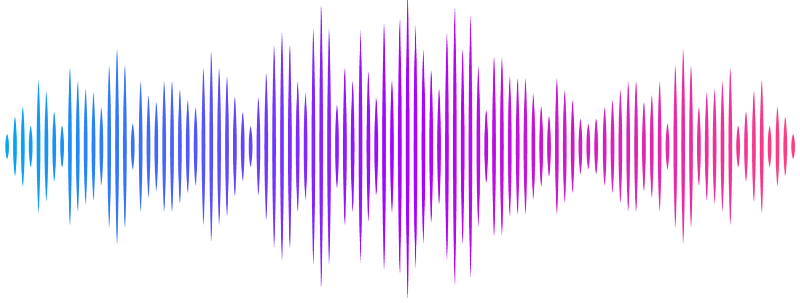Assessment of Antimicrobial Therapy in Eradicating Chlamydia muridarum in Research Mice: Immune Status and its Impact on Outcomes

Assessment of Antimicrobial Therapy in Eradicating Chlamydia muridarum in Research Mice: Immune Status and its Impact on Outcomes
Palillo, M. B.; Carrasco, S.; Mishkin, N.; Palillo, J. A.; Lynch, D. B.; Lawton, S. K.; Aydin, M.; Mourino, A.; Lipman, N.; Ricart Arbona, R.
AbstractChlamydia muridarum (Cm) is a moderately prevalent, gram-negative, intracellular bacterium that affects laboratory mice, causing subclinical to severe disease, depending on the hosts immune status. The effectiveness of various antibiotic regimens aimed at eradicating Cm in both immunodeficient and immunocompetent laboratory mice was evaluated. NSG mice were cohoused with Cm-shedding BALB/cJ mice for 14 days to simulate natural exposure. Four groups of 8 infected NSG mice were treated for 7 days with either 0.08% sulfamethoxazole and 0.016% trimethoprim (TMS) in water, 0.0625% doxycycline in feed, 0.124%/0.025% TMS in feed, or 0.12% amoxicillin in feed. A control group was provided standard water and feed. The impact of treatment on gastrointestinal microbiota (GM) was performed through shotgun sequencing on the last day of treatment. TMS and Amoxicillin had negligible effects on GM, while doxycycline had the largest effect. All antibiotic treated NSG mice exhibited clinical disease, including dehydration, hunched posture, >20% weight loss, and dyspnea, leading to euthanasia 21-40 days post-treatment (32.6 {+/-} 4.2 days; mean {+/-} SD). Untreated controls were euthanized 14-33 days post-exposure (23.75 {+/-} 5.9 days). All mice were fecal PCR positive for Cm at euthanasia. Histological evaluation revealed multifocal histiocytic and neutrophilic bronchointerstitial pneumonia and/or bronchiolitis featuring prominent intralesional chlamydial inclusion bodies in all mice. Subsequently, groups of 8 C57BL/6J, BALB/cJ, NOD.SCID, and NSG mice infected with Cm were treated with 0.124%/0.025% TMS in feed for 7 (BALB/cJ and C57BL/6J) or 21 days (NSG and NOD.SCID). All immunocompetent and NOD.SCID mice were negative for Cm by PCR 14 days post-treatment, remained clinically normal and had no evidence of Cm infection at necropsy, all NSG mice remained Cm positive and were euthanized. While these findings highlight the difficulties in eradicating Cm from highly immunodeficient mice, eradication of Cm from immunocompetent or moderately immunocompromised mice with antibiotics is feasible.


